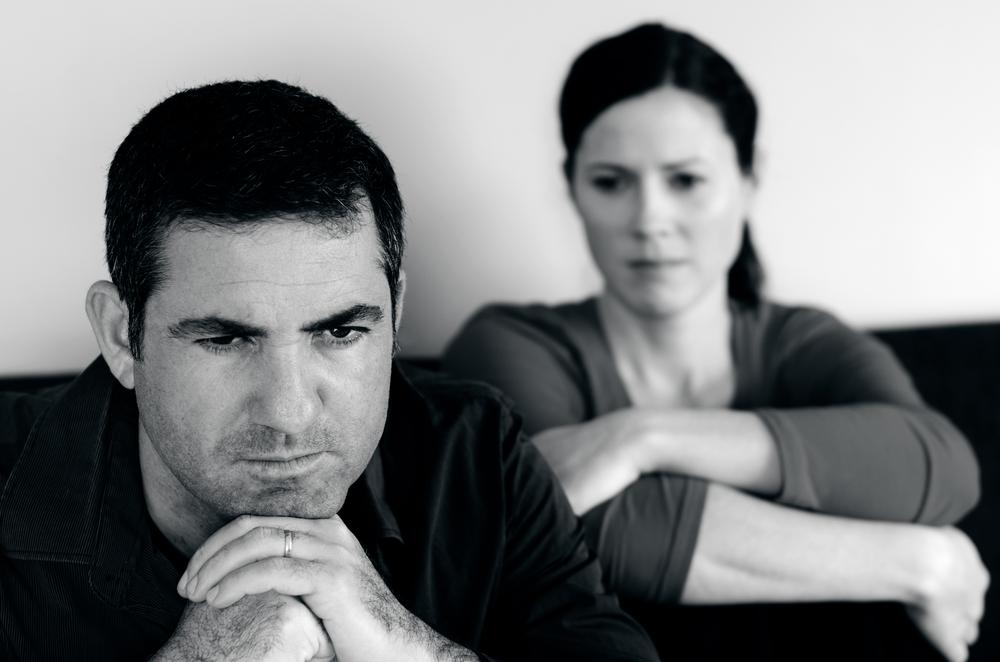Ava wanted to tell her husband about a troubling and upsetting argument she’d had with her sister. She wanted to process the experience; she wanted his understanding and empathy. She wanted to be heard.
But when she tried to share her thoughts and feelings about the situation, her husband seemed irritated about having to listen. When she wanted to talk about the details of her life, things that didn’t involve him directly, it was as if he could barely stand to listen. She described having to wrestle his attention into the room, pull him away from his own thoughts, where he clearly wanted to remain. She was exhausted from having to get and keep his attention.






